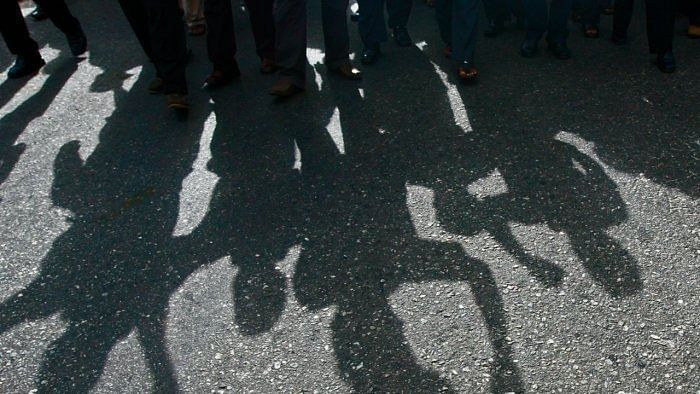
A lot has been written on the decline of minority rights in India. How can minority rights be institutionalised within the Constitutional framework? The general consensus among constitutional scholars is that the Constitution of India is a secular constitution. However, research by Professor Pritam Singh reveals the “Hindu bias in India’s Constitution”. Singh argues that a secular State would do better to make provisions for safeguarding the interests of numerically disadvantaged minorities. The writers suggest three institutional mechanisms to safeguard minority rights:
1. Representation and Power Sharing
2. Strengthening the fourth-branch institutions and bringing in anti-discrimination laws
3. Cultivating fraternity
Adequate representation of minorities in public institutions is one way to institutionalise their rights. As Political scientist Arendt Lijphart argues, in a deeply divided society like India, democracy is possible only if it is consociational (a political system formed by the co-operation of different social groups on the basis of shared power). Such a democracy is characterised by all major religious and linguistic groups finding a representation in the government; cultural autonomy to these groups; proportionality in political representation and civil service appointments, and minority veto with regard to important minority rights and autonomy.
However, in recent times, traits of a majoritarian democracy can be seen in India with a concentration of power in a single community. The political representation of Muslims, which is the largest minority in India, is abysmal with just 27, of 543, in the lower house. Further, none of the 27 MPs is from the ruling party, BJP, thus depriving the community of being a participant of power-sharing.
With Mukhtar Abbas Naqvi’s resignation from the Upper House in the first week of July, the Parliament has no Muslim members from the ruling party. The group’s representation in the other important arm of the executive, bureaucracy, too is abysmally low. In the year 2019, only 42 Muslim students cracked the civil services exams out of 829, and only 30, 34, 38, and 36, were successful in the year 2012, 2013, 2014 and 2015 respectively. This skewed representation reiterates the economic backwardness of the largest minority as pointed out in the Sachar Committee Report -- clearing competitive exams requires economic support from families. The Constitution provides cultural autonomy under articles 25 to 30 to minorities, which has also come under attack in recent times.
The second mechanism that can help institutionalise minority rights is through an institutional arrangement in the fourth-branch institutions, like the National Minority Commission. However, lacking a constitutional status, they are rendered toothless. An attempt to constitutionalise this body was done in 2004 when National Commission for Minorities Bill was tabled for a repeal of the National Commission for Minorities Act, 1992. Such power can help the body independently assess and safeguard minority rights.
Appointments to this body should be done in consultation with the leader of the opposition, which will make it more accountable, rather than political.
Thirdly, the enactment of anti-discrimination law will further strengthen minority rights. As calls for a social and economic boycott of minorities are echoed frequently in different strata of society, and research shows evidence of discrimination, this law will ensure fundamental rights for all. The Sachar Committee recognised the necessity for anti-discrimination legislation in 2006. It was further reaffirmed by the Expert Group on Equal Opportunity Commission, led by Prof N R Madhava Menon. In 2016, the Anti-Discrimination and Equality Bill 2016 (ADE Bill) was presented in the Lok Sabha by Congress’ Shashi Tharoor, which was eventually disposed of. Its enactment would have paved the way for legal protection from both direct and indirect discrimination.
A significant aspect of the formalisation of any form of rights is the creation of a rights regime in society. Increasing communalisation and religious divide can be countered by deepening the value of fraternity. Ambedkar was aware of the importance of the fraternity in the Indian society when he remarked: “Fraternity is the root of democracy as in a democracy if equality does not destroy liberty and liberty does not equality, it is because at the basis of both there is a fraternity. The true test of a democracy is the cultivation of a public-spirited approach towards the right.”
In the end, it is the public conscience that will determine the fate of our plural democracy.
(The writers are Samta Fellows)